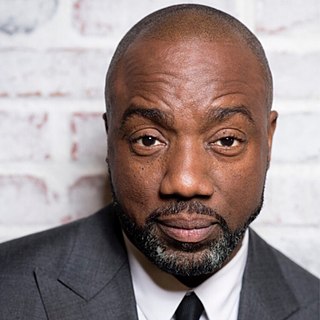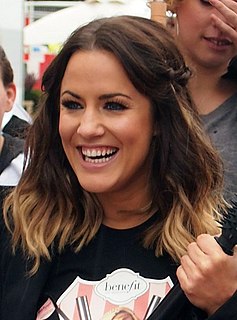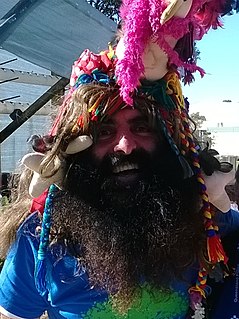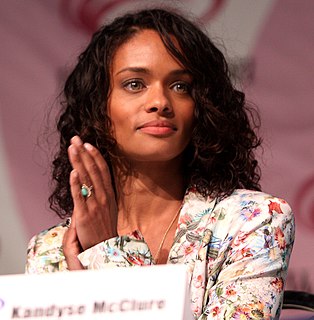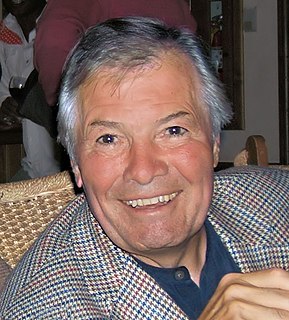A Quote by Roger Scruton
Life at home wasn't very good and I had really left by the time I was 16 and didn't go back until after Cambridge when I went to look after my mother when she was dying.
Related Quotes
Years ago someone wrote [about me]: 'She characterizes Molly Weasley as a mother who is only at home looking after the children.' I was deeply offended, because I until a year before that had also been such a mother who was at home all the time taking care of her child [...] What has lesser status and is more difficult than raising a child? And what is more important?
When I was growing up my mom was home. She wanted to go to work, but she waited. She was educated as a teacher. The minute my youngest sister went to school full-time, from first grade, mom went back to work. But she balanced her life. She chose teaching, which enabled her to leave at the same time we left, and come home pretty much the same time we came home. She knew how to balance.
The very first role I ever played was as a 17-year old South African girl who dreamed of being a star and left home to meet her mother in the big city so that she could pursue that dream. I left South Africa and met my mother in Vancouver and not long after that was given the opportunity to perform on the stage and have people chant my name.
The beauty of Billie Holiday is that she gave every singer after her the license to interpret and perform music in ways that were unique to each of us. Her uniqueness was very much a part of the way she sang the songs, the story she wanted to tell through the songs. I didn't really have a full understanding of Billie until I left home -- until I'd lived a little, shall we say. At different seasons of my life, when I'd sing her songs or listen to her albums, I'd hear things I didn't hear before. Wherever you are in life, you'll hear different things in her songs.
After my mother died, I learned that she'd had a scholarship to the University of Nebraska, but - in kind of a tradition that females don't do things like that - her father prevented her from going. She always said that she wasn't allowed to go to college, but until she died, I never knew that she'd had this scholarship.
You know, my parents had a restaurant. And I left home, actually, in 1949, when I was 13 years old, to go into apprenticeship. And actually when I left home, home was a restaurant - like I said, my mother was a chef. So I can't remember any time in my life, from age 5, 6, that I wasn't in a kitchen.
I came home [after funerals] and I thought if I go back to California, where I had a small house, I don't think I'll ever come east again. So I decided to stay and go through the halls and stairways, talk to Gilda Radner, holler, express some of my anger and make sure there were no ghosts in the hallways that I should ever be afraid of.And then I found out - it sounds strange, but I found out she had left me the house. We never talked about her dying and what she was going to leave me or I would ever leave her. We just didn't talk about those things.

